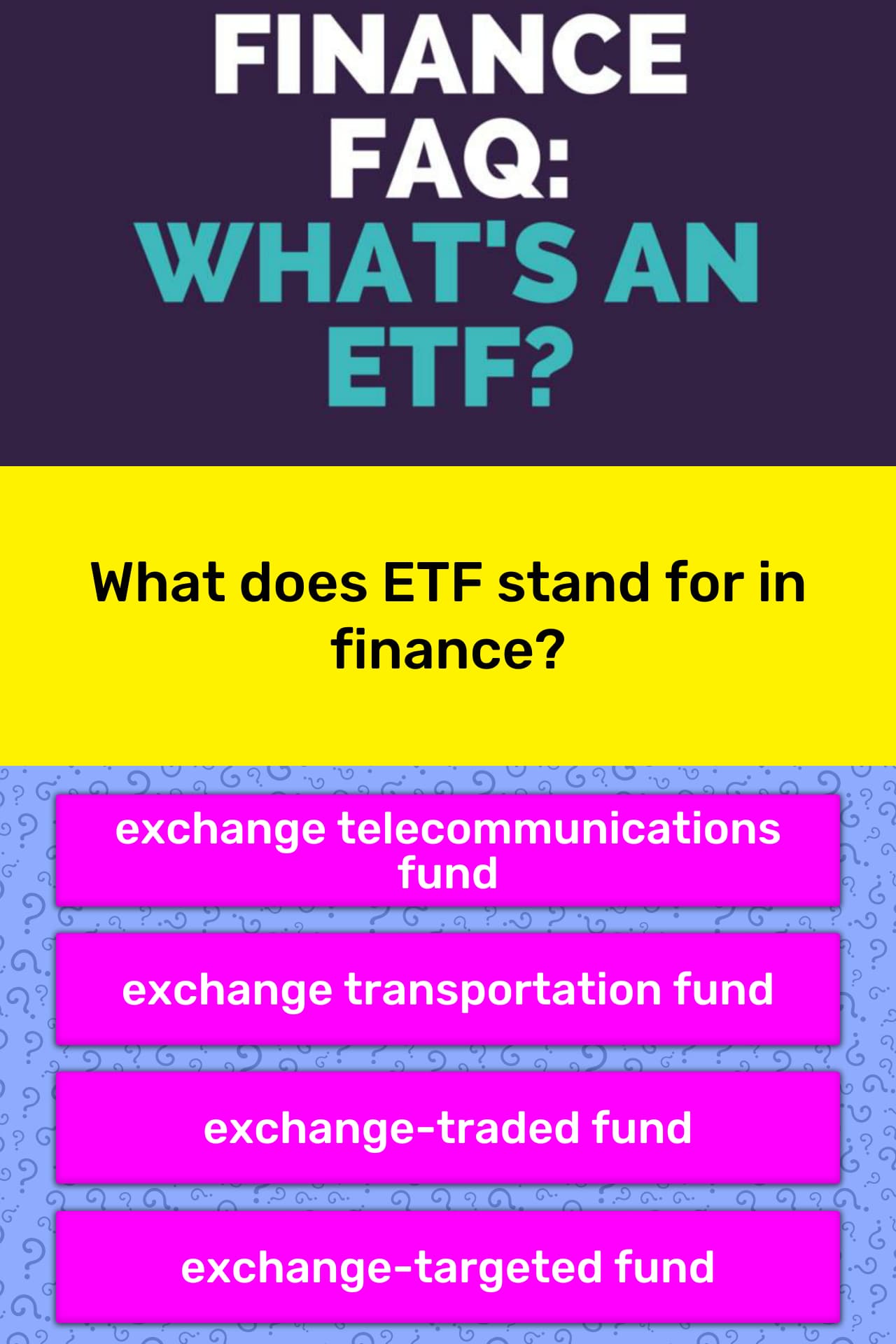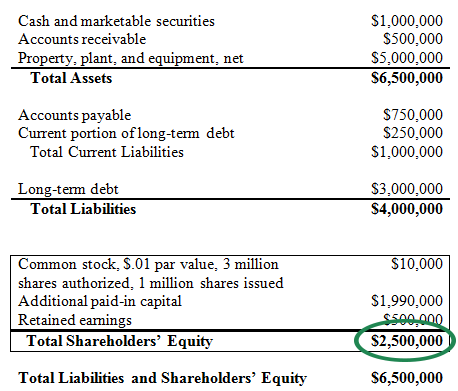Table of ContentsWhy Does Spectre Finance Terrorism In James Bond Things To Know Before You BuyWhat A Bond In Finance for BeginnersExamine This Report on How To Find Bond Interest Rate In Yahoo FinanceThe Basic Principles Of What A Bond In Finance
Generally they are bonds that are evaluated by the ranking company as likely adequate to fulfill payment commitments; banks are hence enabled to buy them. "": Credit rankings are used to report on the credit worthiness of a bond releasing company or government A bond is considered investment-grade, or IG, if its credit score is BBB- or higher by Standard & Poor's, or Baa3 or greater by Moody's, or BBB( low) or higher by DBRS (what type of bond offering to finance capital expenditures).
Junk bonds are likewise called high- yield bonds. These are bonds that are ranked listed below investment grade by the credit rating companies. As these bonds are more risky than financial investment grade bonds, investors expect them to make a higher yield. The threshold in between investment-grade and speculative-grade ratings has crucial market ramifications for providers' borrowing costs.
The difference between rates for first-rate government bonds and investment-grade bonds is called "investment-grade spread." The variety of this spread is a sign of the marketplace's belief in the stability of the economy. The higher these investment-grade spreads (or run the risk of premiums) are, the weaker the economy is considered. Up until the early 1970s, bond credit scores firms were spent for their work by investors who desired objective details on the credit merit of securities providers and their specific offerings.
Securities providers have been accused of "shopping" for the very best scores from S&P, Moody's, and Fitch, in order to draw in investors, up until a minimum of one of the agencies delivers beneficial scores.
Bonds have some benefits over stocks, including fairly low volatility, high liquidity, legal defense, and a variety of term structures. Talk about the benefits of owning a bond Bonds are a financial obligation security under which the provider owes the holders a financial obligation and, depending on the terms of the bond, is required to pay them interest (the voucher) and or repay the principal at a later date, which is described the maturity. which of these describes a bond personal https://lukasrbsy772.my-free.website/blog/post/447707/not-known-details-about-what-is-derivative-instruments-in-finance finance.

Thus bonds are typically seen as more secure investments than stocks. Bonds are typically liquid it is often fairly easy for an institution to sell a large quantity of bonds without impacting the price much. Shareholders also enjoy a measure of legal defense: under the law of a lot of nations, if a company goes insolvent, its shareholders will frequently get some cash back (the healing quantity).
: A convertible bond is a kind of bond that the holder can convert into shares of typical stock in the issuing company or cash of equivalent worth, at an agreed-upon price.: A zero-coupon bond (likewise called a discount rate bond or deep discount bond) is a bond bought at a cost lower than its stated value, with the face value paid back at the time of maturity.
10 Simple Techniques For Why Invest In A Bond Yahoo Finance

They are thus created to eliminate the inflation danger of an investment. In finance, a bond is an instrument of insolvency of the bond provider to the holders. It is a financial obligation security under which the company owes the holders a financial obligation and, depending on the regards to the bond, is required to pay them interest (the discount coupon).
Interest is usually payable at fixed periods (semiannual, yearly, and often regular monthly). Extremely frequently the bond is flexible; in other words, the ownership of the instrument can be transferred in the secondary market.: A bond is an instrument of indebtedness of the bond issuer to the holders. It is a financial obligation security under which the provider owes the holders timeshare promotional vacation packages a financial obligation and, depending on the regards to the bond, is obliged to pay them interest (the voucher).
Bonds are purchased and traded primarily by best timeshare companies institutions like reserve banks, sovereign wealth funds, pension funds, insurance provider, hedge funds, and banks. Insurer and pension funds have liabilities, which essentially consist of repaired quantities payable on established dates. They purchase the bonds to match their liabilities and might be compelled by law to do this.
Still, in the U.S., almost 10% of all exceptional bonds are held directly by households. Bonds have a clear advantage over other securities. The volatility of bonds (especially short and medium outdated bonds) is lower than that of equities (stocks). Hence bonds are usually considered as more secure investments than stocks.
Bonds are typically liquid. It is frequently fairly easy for an institution to sell a big amount of bonds without impacting the price much, which may be harder for equities. In impact, bonds are appealing because of the comparative certainty of a fixed interest payment two times a year and a fixed swelling sum at maturity.
Moreover, bonds include indentures (an indenture is an official debt contract that develops the terms of a bond concern) and covenants (the provisions of such a contract). Covenants specify the rights of shareholders and the tasks of issuers, such as actions that the issuer is bound to perform or is restricted from performing.
Bonds are subject to threats such as the interest rate risk, prepayment risk, credit risk, reinvestment danger, and liquidity risk. Talk about the drawbacks of owning a bond A bond is an instrument of indebtedness of the bond issuer to the holders. It is a financial obligation security under which the provider owes the holders a financial obligation and, depending on the regards to the bond, is obliged to pay them interest and perhaps pay back the principal at a later date, which is termed the maturity.
The What Is The Symbol For 2 Year Treasury Bond In Yahoo Finance Diaries
Bonds are likewise based on numerous other threats such as call and prepayment threat, credit threat, reinvestment risk, liquidity danger, occasion risk, currency exchange rate risk, volatility danger, inflation risk, sovereign danger, and yield curve danger. A company's shareholders might lose much or all their money if the business goes bankrupt.
Some bonds are callable. This produces reinvestment danger, suggesting the investor is required to discover a brand-new location for his cash. As an effect, the investor may not have the ability to discover as good a deal, specifically since this usually occurs when rates of interest are falling.: The reinvestment danger is the possibility that the investor might be forced to find a new place for his cash.
: The exchange rate danger is a financial threat positioned by an exposure to unexpected changes in the currency exchange rate in between 2 currencies. A bond is a debt owed by the business to the bondholder. Commercial bonds are typically issued in systems of 1,000 dollars. Shareholders receive regular interest on their financial investment, depending upon the terms of the bond.
However, bonds have certain disadvantages.: A bond is a financial obligation owned by the enterprise to the shareholder. Fixed rate bonds undergo rates of interest risk, indicating that their market rates will decrease in value when the typically fundamental rate of interest rise. Since the payments are repaired, a reduction in the market cost of the bond implies an increase in its yield.
Bonds are also subject to numerous other risks such as call and prepayment danger, credit risk, reinvestment danger, liquidity risk, occasion threat, exchange rate risk, volatility danger, inflation danger, sovereign danger, and yield curve danger. Rate modifications in a bond will immediately affect mutual funds that hold these bonds. If the worth of the bonds in a trading portfolio falls, the value of the portfolio also falls.
If there is any chance a holder of specific bonds might need to offer his bonds and "squander", the interest rate risk could end up being a genuine problem. Bond costs can become volatile depending on the credit ranking of the company for example if credit score agencies like Standard and Poor's and Moody's upgrade or downgrade the credit ranking of the company.
Similar to rate of interest danger, this risk does not affect the bond's interest payments (offered the provider does not really default), but threatens the market price, which impacts mutual funds holding these bonds, and holders of private bonds who may have to sell them. what is the value of a bond quizlet finance. A company's shareholders might lose much or all their cash if the business goes bankrupt.
What Is Bond Rating Finance - The Facts
Bank lenders, deposit holders (in the case of a deposit taking organization such as a bank) and trade financial institutions may take precedence. There is no warranty of how much money will remain to pay back shareholders. In a personal bankruptcy involving reorganization or recapitalization, as opposed to liquidation, bondholders may wind up having the worth of their bonds reduced, typically through an exchange for a smaller variety of newly issued bonds.